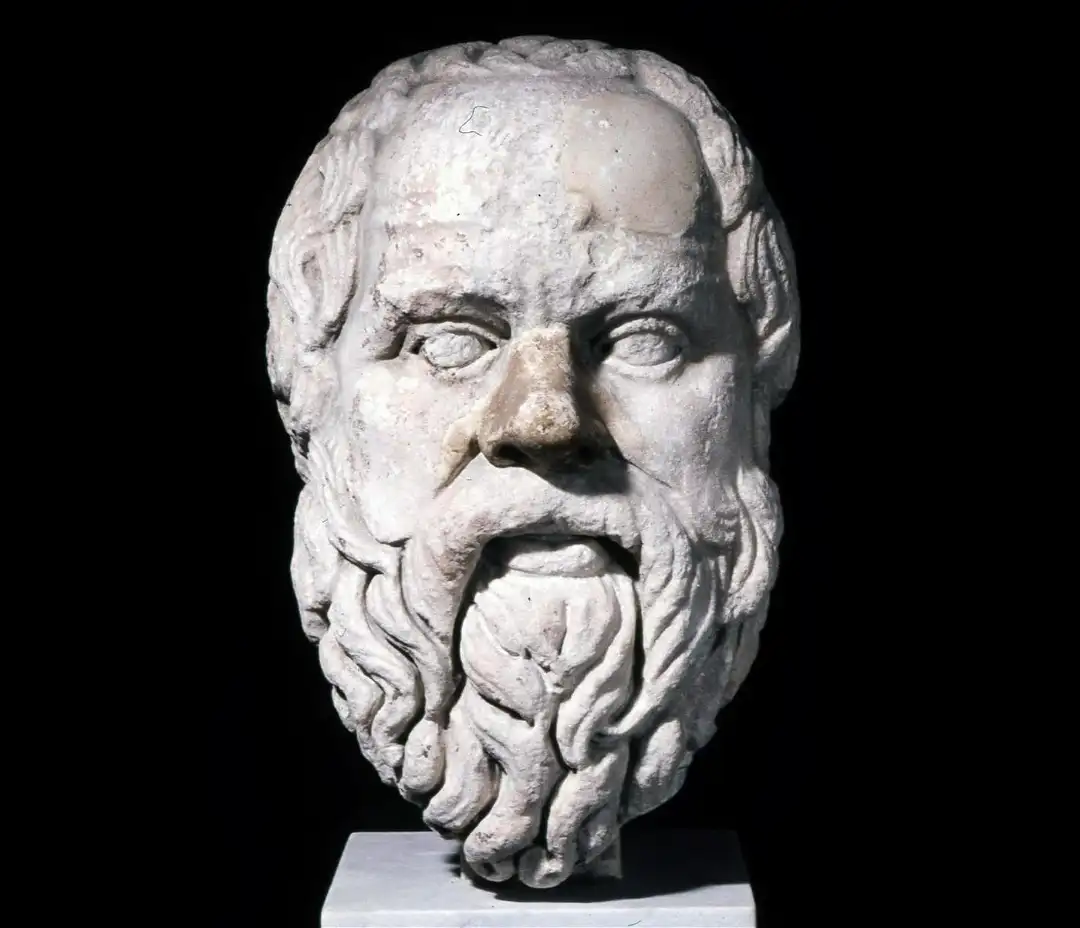Pareeshe Fatima
Socrates (born c. 470 BCE, Athens—died 399 BCE, Athens) is an antique Greek philosopher whose way of life, personality, and philosophy profoundly influenced ancient and modern philosophy.
As Socrates wrote nothing, information about his personality and doctrine emanated chiefly from depictions of his conversations and other information in the dialogues of Plato, in the Memorabilia of Xenophon, and in various writings of Aristotle. He resisted bravely in the Peloponnesian War and later served in the Athenian boule (assembly).
Socrates believed it was his religious commitment to call his fellow citizens to the examined life by engaging them in philosophical conversation. His contribution to these exchanges typically consisted of exploring questions that cumulatively disclosed his interlocutor’s complete ignorance of the subject under discussion; such cross-examination used as a pedagogical technique has been called the “Socratic method.”
Though Socrates characteristically professed his ignorance regarding many of the (mainly ethical) subjects he investigated (e.g., the nature of piety), he did hold certain convictions with confidence, including that:
- Human wisdom begins with the recognition of one’s ignorance.
- The unexamined life is not worth living.
- Ethical virtue is the only thing that matters.
- A reasonable person can never be harmed because his virtue will remain intact whatever misfortune he may suffer.
His students and admirers included, in addition to Plato, Alcibiades, who betrayed Athens in the Peloponnesian War, and Critias (c. 480–403 BCE), who was one of the Thirty Tyrants imposed on Athens after its defeat by Sparta. Because he was connected with these two men, but also because his habit of exposing the ignorance of his fellow citizens had made him widely hated and feared, Socrates was tried on charges of impiety and corrupting the youth and condemned to death by poisoning (the poison probably being hemlock) in 399 BCE; he submitted to the sentence willingly.https://republicpolicy.com/the-conquest-of-happiness-and-application-in-modern-times/
Plato’s Apology purports to be the discourse that Socrates gave in his defence. As depicted in the Apology, Socrates’ trial and death raise vital questions about the nature of democracy, the value of free speech, and the potential conflict between moral and religious obligation and the state’s laws.
Socrates was a virtuous philosopher. He was not interested in mathematics or science but was concerned with the purity of his soul and others. Socrates’ philosophy explores how we should live. It led him to discussions on virtues like wisdom, justice, courage, purity, etc. Socrates perceived his mission as one of reforming erroneous beliefs. He taught that people should care less about their bodies and occupancies and more about their souls, saying, “wealth does not bring goodness, but goodness brings wealth.” As such, he acknowledged serving the city of Athens and its citizens by highlighting their erroneous considerations.
Socrates was a man of principle. He lived according to what he believed. He was not interested in material possessions or physical beauty – he was well known to be poor and ugly — and he took no money for his teaching as the Sophists did. He dedicated his whole life to understanding the virtues so that he could be more virtuous and educate others on how to be virtuous too, which he thought led to true happiness. He was uncompromising in his beliefs about the right way to live, which is part of why he ended up being condemned to death.
What is Socrates’ legacy? He is often called the “first” philosopher, not because he came first, but because he is top of the pile. Yet, in some ways, he was more of a sage than a philosopher. He can be compared to Buddha, who died ten years before Socrates was born. Both led a life of contemplation and investigation into how to live, and both gathered many followers who later spread their teachings. But whereas Buddha founded a purely spiritual practice, Socrates inspired a method of using reason to uncover truths about life, or at the very least, highlight where our thinking is deficient, a technique at the heart of western philosophy.
The legacy of Socrates was helped in no small part by dying a martyr’s death and by having Plato as a student. Even though Socrates could have escaped the charges against him, he wouldn’t have compromised his beliefs. This courage added integrity and weight to his teachings beyond his wit and wisdom. Plato was inspired by what he saw and heard in Socrates’ philosophy, and his writings immortalized Socrates to such an extent that he profoundly shaped western cultural and intellectual history.https://republicpolicy.com/what-is-poetry-is-it-the-best-expression-ever/
But why did Socrates never reach any conclusions? The orientation of his philosophy is in what he says to Meno at the close of their conversation: “And as for you, go and tell others what you have been convinced of.” This call to investigate what it means to live, think for yourself, and not expect any simple answers is Socrates’ most incredible legacy, and it has inspired all philosophers since. The philosophy of Socrates is still relevant across the world. He talks about the nourishment of the soul. Even these modern times require peace of soul. Typically, all the efforts of humans revolve around the body, not the soul. Almost all philosophers believe that the soul is more significant than the body.
Modern man is virtually a machine. He is a soulless creature. Therefore, he is jittery and restless. The cultivation of the soul is essential for humans. Hence, man must follow his emotions, passions and ideals. He should be more soul-oriented than the body.
















